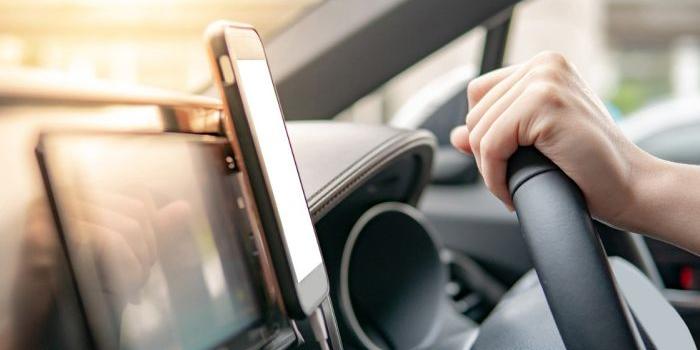No products in the cart.
Uncategorized
A Guide to Driving with Dementia
Driving gives us the freedom, flexibility and independence to enjoy our life. Most adults learn how to drive a car in their late teens and will continue to drive well into their senior years. After driving for a number of years, it starts to feel like an automatic activity that we do naturally. However, it does require complex thought processes, quick reactions and hand-eye coordination skills.
A person living with dementia is likely to experience difficulties with memory, concentration, vision and judgement, which can impact their ability to drive safely, and they may not be able to continue to drive as their condition progresses. If you are caring for someone with dementia, the following driving considerations may come in handy.
How Dementia Can Affect a Person’s Driving
A person living with dementia is likely to experience changes in their behaviour and abilities that can occur slowly over time. The following are the changes that should be considered in relation to driving.
- Vision: Can the person see things that are both in front of them and in their peripheral vision?
- Reaction response: Would they be able to act quickly to turn, stop or speed up their car where necessary?
- Problem-solving: Can they cope with unpredictable situations, or do they become upset and confused when something unexpected happens?
- Coordination: Is dementia affecting their coordination?
- Alertness: Are they aware of what is happening around them?
- Understanding: Are they generally confused? Would they understand the difference between red and green lights, or would they know which lane to drive in?
- Sense of direction: Can they easily follow a map or, where necessary, detour routes? Do they become confused on routes that they would have taken many times before?
- Mood: Do they seem more agitated when driving now than they would have previously?
- Hearing: Can they hear warning sounds such as approaching cars, car horns and sirens and respond?
How to Talk About Driving & Dementia
It can be difficult to talk to a person with dementia about the concerns that you have about them driving. The following suggestions may help you approach the subject with your loved one in a sensitive and understanding manner:
- Talk to the person about the ways their life may change (including driving) as early as possible after the diagnosis so that everyone is prepared for what may come.
- If the person was diagnosed with dementia a while ago, changes in medications or health status could provide an opportune time to talk about driving. Try to avoid starting these discussions after a driving incident, as this may make the person feel defensive.
- Try to have short, casual conversations frequently about the person’s changing abilities rather than sitting down for a long, formal discussion.
- During the conversation, be sure to discuss the person’s strengths and abilities, as well as the alternatives they have other than driving. This will help to keep them feeling more positive.
- Be considerate and understanding at all times, and acknowledge that giving up driving may not be easy for the person.
- At all times, ensure you treat your loved one in a respectful manner and try to put yourself in their positions to understand they may be feeling. Think about what driving means to the person. For example, it can be a sign of status, a hobby or a job. This will not help to approach the discussion in a calm, empathetic and practical manner.
- If the person is resisting giving up driving, try to focus on the nature of the disease and its progression. While many people with dementia have safe past driving experiences, as dementia advances, they may not be able to continue to drive safely in the future.
Alternatives to Driving for People with Dementia
When people stop driving, it can become more difficult to get around, and as such, they will sometimes stop venturing out. However, it is extremely important that socialisation such as visiting friends and family, attending events or participating in hobbies is maintained. There are a number of alternatives to driving that your loved one may wish to explore:
- Depending on the person’s abilities, public transport such as buses, trains or taxis can be an option for helping them get around independently.
- Encourage walking if the person is only travelling a short distance.
- Look into community transport options that are available in your area.
- Sign up for available home delivery services such as food, medical prescriptions and the local library.
- Offer to drive the person to appointments and social events.
- Ask family and friends if they are able to assist with transport, whether by driving the person themselves or by accompanying them on public transport.
Please be aware that there licensing requirements for drivers with dementia that vary across different states and territories. Get in touch with your local licensing authority to find out more about your legal obligations. In addition, it may be useful to talk to your doctor about your options for driving while living with dementia.
If you’re caring for someone with dementia and would like to know more about our Compassionate Touch® or Dementia Live® programs, contact Brain Sparks to find out more.


